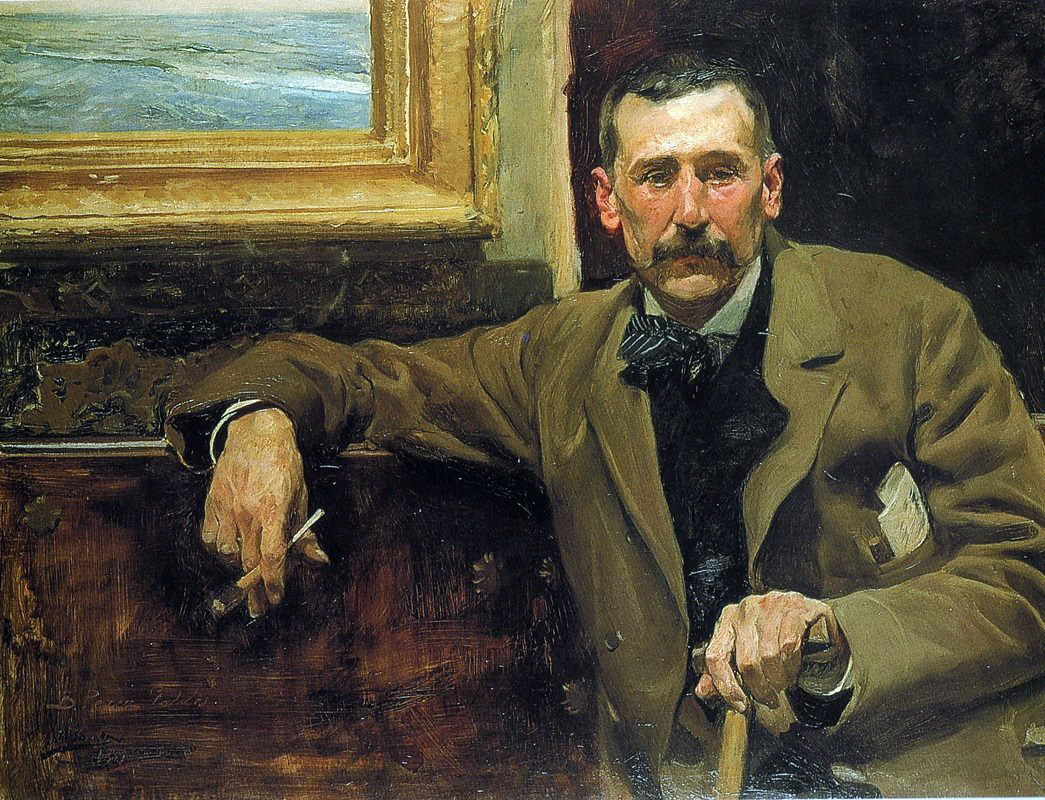Don Ramón Villaamil is kind of an 19th century Don Quijote, facing the unbeatable windmills of bureaucracy, family life, corruption and shortage of money.With only two months to go for achieving his entitlement to as pension he loses his job as a tax officer. From then on he battles on, trying to save his dignity, to get back his job and to keep his family going. His wife, Doña Pura, is merely interested in visiting the opera and showing off her assumed wealth. Whenever she has money, she spends it on trumpery and clothing, at most times relying on debt running up bills.
With the couple live the wife's sister, their daughter and their grandson, the child of their deceased older daughter. A school mate of the boy christened the family "Miau", due to the cat-like facial features of the family's women.
Villaamil keeps on trying, always staying righteous. But in the end he has to learn that doing the right thing might mean being stupid, when one is up against a corrupt system. Especially as corruption goes as far as into his own family life. Perez' novel is an early example of European literature on man against the machine, of a loner up against corruption and bureaucracy.
With the couple live the wife's sister, their daughter and their grandson, the child of their deceased older daughter. A school mate of the boy christened the family "Miau", due to the cat-like facial features of the family's women.
Villaamil keeps on trying, always staying righteous. But in the end he has to learn that doing the right thing might mean being stupid, when one is up against a corrupt system. Especially as corruption goes as far as into his own family life. Perez' novel is an early example of European literature on man against the machine, of a loner up against corruption and bureaucracy.

